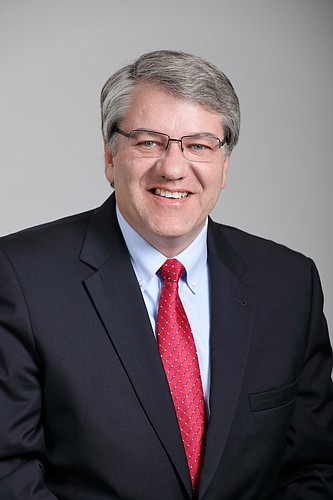- December 25, 2024
-
-
Loading

Loading

The Southwest-Central Florida Connector, a proposed highway from Collier to Polk counties, could move forward in the next few months. Or not.
The road is one of three the Multi-use Corridors of Regional Economic Significance task force is evaluating, under a law Gov. DeSantis signed in May 2019. The task force held its last meeting recently, an in-person and virtual session that wrapped up 13 months of meetings and open houses.
Florida Department of Transportation Secretary Kevin Thibault says a significant amount of feedback the state has received so far is related to the state’s environmental resources. “Most of the comments we get are those that are trying to look at protecting the environment,” he says, adding they've heard from close to 10,000 people.
Florida Sen. President Bill Galvano, R-Bradenton, who has championed the Southwest-Central Florida Connector, says it could lead to positive impacts, from business growth to improved hurricane evacuations. Voices in opposition to the road are concerned about environmental impacts and maintaining the character of more rural areas.
During a recent M-CORES virtual meeting, in response to a question from the Business Observer, Thibault says the strongest business voices in favor of the Southwest-Central Florida Connector include agricultural businesses, such as cattle ranches. Their perspectives, he says, include considerations about staying competitive globally and transporting their goods to market.
The task force is expected deliver a final report to the governor and legislature by Nov. 15. After that comes more studies, including looking for reasonable alternatives. Changes to current plans are on the table, and citizens will have more chances to engage with officials. While nothing is definite on the Southwest-Central Florida Connector, Thibault calls M-CORES a forward-looking piece of legislation to help ensure the state’s infrastructure meets Florida’s needs. “Growth is not new to our state," he says, "and the need to plan for Florida’s continued expansion is not a new concept.”